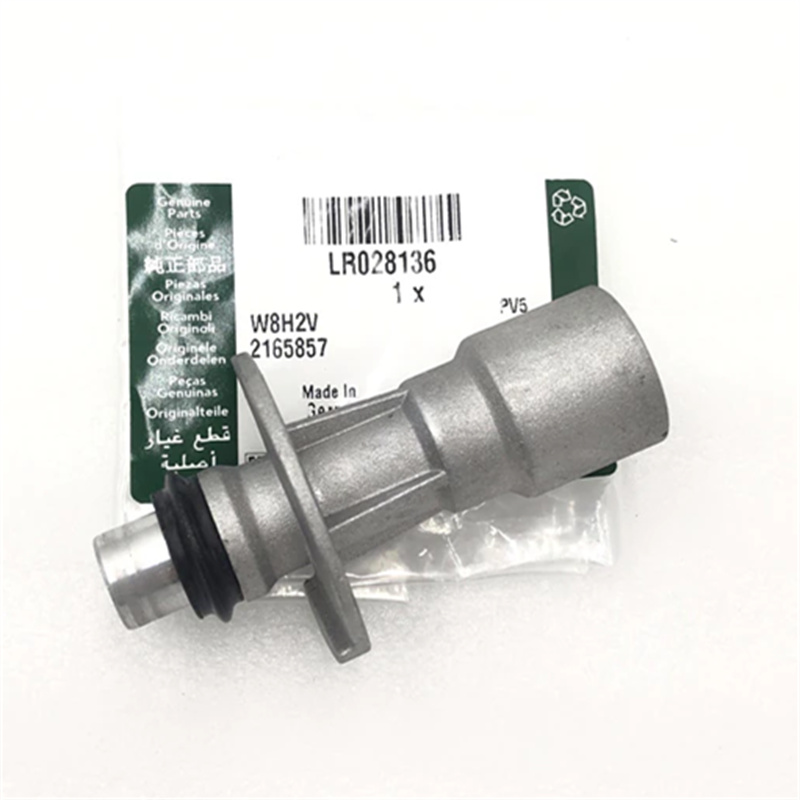Let's take a moment to raise an ice-filled glass to the most precious member of our homes: our air conditioners. They keep us sane and relatively comfortable during Florida's relentless and record-breaking heat.
They also need a little TLC to keep them in good running order. One of the most horrifying things any Floridian can hear is a motor straining outside, or, worse, utter silence inside as the a/c shuts down. HVAC service people work constantly all summer and may not be able to get to you right away so any maintenance you can do to keep your a/c unit happily blowing cool air into your life is well worth it. Lr051013

Besides, keeping your a/c running smoothly helps lower your bills. Here's how.
Florida's high heat index:What's the best temperature to set your air conditioner thermostat?
The simplest thing you can do is one of the most important. Every 30 to 90 days, remove the air filter from your air conditioner and put in a new one. Done.
Your a/c faithfully pushes air through your house through vents and back through the system, cooling it a little more each time. As it picks up particles and debris the filters clog up, lessening your a/c's efficiency and forcing it to strain more, so keeping a clean one in there keeps the system running smoothly. Dirty filters can also be places for grime, bacteria, mildew and mold to collect and then spread through the house.
Think of it like checking and maintaining the oil in your car, an almost-too-easy step that has lasting system-wide benefits.
You may need to change the filter more often depending on your situation. Some filters are designed to trap smaller particulates, dust, pollen, animal dander and other irritants and they may need to be changed more regularly because they'll get clogged faster. Filters have MERV ratings to indicate how effectively they capture airborne particles. The higher the rating, the more they filter and the more often you'll need to swap them out. According to advanced-air.com:
You may also need to change your filters more frequently if you have pets, if there is a lot of pollen around your house, or if anyone in your home has allergies or asthma. Talk to your HVAC people when they do the annual checkup and ask for recommendations.
Some — but not all — air conditioner filters can be cleaned and put back in. Check your a/c's instructions to verify this before you try.
Just like the air filter, vents and air return ducts can get clogged with dust, debris, pet dander, and bugs. If you have young children you almost certainly have toys down in the floor vents. And everything that blocks airflow is bad.
Get into the habit of cleaning off or vacuuming your vents when you clean the room and regularly take off the vent cover to check for anything major down there.
Try to keep vegetation, debris and all that stuff you're keeping that you'll absolutely definitely use someday at least three feet away from your outside unit and regularly clear off any leaves or twigs that may fall on it. Just like inside your house you need unrestricted airflow for your system to work properly.
Many sites and TikTok videos recommend putting shade over your a/c condenser to lower energy bills. Don't do this. Not only does it not help much, it may make things worse.
"Shading the condenser simply won’t make a difference in performance if the cover or canopy over an outdoor unit allows some of the rejected heat to recycle back into the unit," Dave Borowski, director of technical training at American Residential Services. "The performance goes down while your electric bill would increase."
As your air conditioner works it pulls water from the air and that water has to go somewhere. Ideally, it goes into a drain pan and then outside the house. If that line — known as the condensate drain — gets clogged water can back up into the system and come out inside the house. This is bad. But it's easy to clean.
If you feel it's not draining properly or, worse, you hear dripping or see water collecting along the base of the inside unit, check outside to see if the drain has been blocked in mud or debris. Then South Florida's Freezing Mechanical suggests these steps:
Condenser coils need to be cleaned regularly so they work efficiently. They work with the evaporator coil to remove heat from the air in your home but they can be damaged, get dirty or freeze over.
You can use a coil brush and a garden hose to gently remove dirt, grass and other debris. Then spray foaming coil cleaner on the coils in a back-and-forth motion and let it sit for 5-10 minutes before gently rinsing it away.
You also should check for bent coil fins, which can be easily (and carefully) straightened with an adjustable fin comb.
Get your system tuned up and checked out every year, ideally before it gets hot and overworked.
Tune-ups usually include checking the electrical connections, lubricating fans, checking the coolant level and looking for leaks, and testing and cleaning the whole thing.

Thermostat Preventative maintenance is always cheaper than fixing... or replacing.